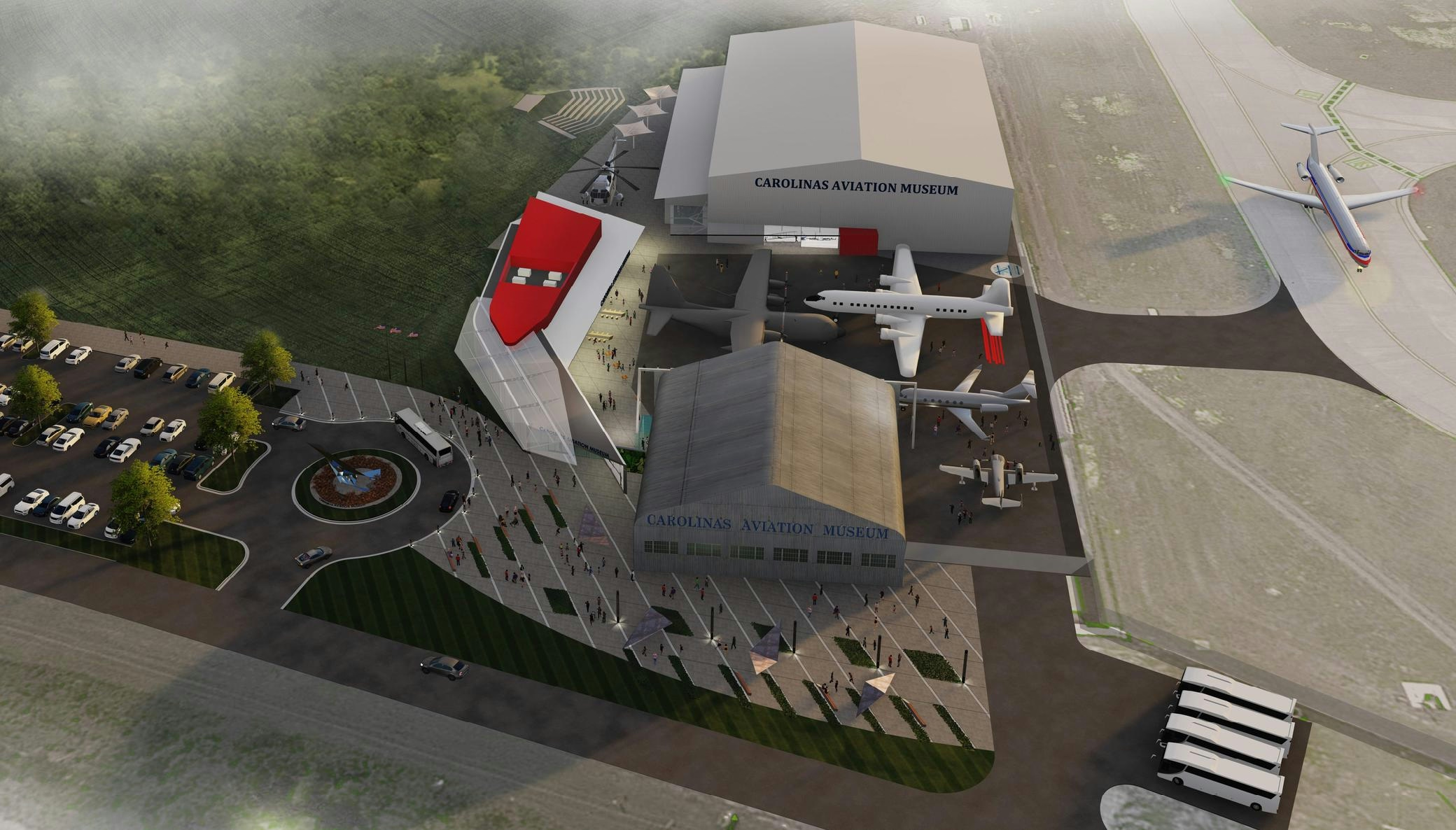AeroGenie — Il tuo copilota intelligente.
Tendenze
Categories
Charlotte Douglas Airport and UNC Charlotte Partner to Advance Aviation Innovation and Workforce Development

Charlotte Douglas Airport and UNC Charlotte Partner to Advance Aviation Innovation and Workforce Development
Charlotte Douglas International Airport (CLT) and the University of North Carolina at Charlotte have formalized a strategic partnership through a Memorandum of Understanding (MOU) aimed at fostering research, innovation, and workforce development in the aviation sector. This collaboration seeks to leverage CLT’s operational expertise alongside UNC Charlotte’s research capabilities to accelerate advancements in aviation technology, improve traveler experiences, and cultivate a skilled talent pipeline to support the industry’s future growth in the Charlotte region and beyond.
Establishing the Charlotte Aviation Innovation and Research Institute
A cornerstone of this partnership is the creation of the Charlotte Aviation Innovation and Research Institute, envisioned as a mixed-use innovation and training hub located near the airport. This facility will serve as a nexus for interdisciplinary research and provide students with practical, hands-on learning opportunities. By integrating academic inquiry with real-world applications, the institute aims to position Charlotte as a leading center for aviation research and education.
Jack Christine, CLT’s Chief Infrastructure Officer, emphasized the synergy between the two institutions, stating, “Fueled by a shared spirit of innovation, UNC Charlotte is joining CLT in reimagining what’s possible for the airport’s evolving footprint. This ongoing collaboration has already led to great work and provided students with meaningful, hands-on experience. It’s a natural partnership that unites innovation, research, and education in a living laboratory that benefits the future of aviation and the next generation of talent.”
Roles and Contributions Under the Partnership
Under the terms of the MOU, UNC Charlotte will act as CLT’s general research advisor, playing a pivotal role in identifying and prioritizing initiatives that address practical challenges within the aviation industry. The university will contribute its technical expertise through research and development efforts, while also supporting workforce development programs such as internships, continuing education, and recruitment of new graduates.
John Daniels, vice chancellor for research at UNC Charlotte, highlighted the collaborative potential of the agreement: “UNC Charlotte is proud to deepen our partnership with CLT through this forward-looking agreement. Together, we are building a collaborative ecosystem that connects academic research with industry needs, driving innovation and expanding access to meaningful careers in aviation.”
Opportunities and Challenges Ahead
While the partnership promises significant benefits for the regional economy and the broader aviation community, it also faces several challenges. Competition from other regional airports and academic institutions, potential regulatory obstacles, and the necessity for sustained funding and institutional support could influence the initiative’s long-term viability. Moreover, recent security incidents at the airport, including a tragic stowaway death, underscore the critical importance of maintaining rigorous security protocols and operational oversight as the collaboration progresses.
The announcement has already generated increased interest from aviation companies and educational organizations, signaling a positive market response. However, it may also prompt competitors to pursue similar initiatives aimed at attracting aviation talent and investment.
Charlotte Douglas International Airport: A Major Aviation Hub
Charlotte Douglas International Airport, operated as a department of the City of Charlotte, ranks as the world’s sixth busiest airport. In 2024, CLT handled 58.8 million passengers and managed nearly 596,600 arrivals and departures. The airport is served by seven major carriers, 15 regional carriers, and three foreign flag carriers, providing nonstop service to 188 destinations, including 43 international locations and three U.S. territories. On average, CLT manages 1,800 daily arrivals and departures and accommodates approximately 4 million passengers monthly. As an enterprise fund, the airport operates on a self-sustaining financial model, with all capital and operating expenses covered by airport-generated revenue rather than taxpayer dollars.
Through this partnership, students such as Myla Marve are already gaining valuable, practical experience at CLT, exemplifying the initiative’s commitment to preparing the next generation of aviation professionals.

Emirates Unveils Cabin Design for New Boeing 777X

Eighteen Years On, the Airbus A380 Remains Central to a $34 Billion Airline

How a boom in luxury airline seats is slowing down jet deliveries

Navitaire Outage Attributed to Planned Maintenance

DigiYatra Debuts Outside Aviation at India AI Impact Summit

Vietnam Orders Strengthen Boeing’s Commercial Outlook

Airbus Signals Uncertainty Over Future A400M Orders

JobsOhio Awards $2 Million Grant to Hartzell Propeller for Innovation Center

Collins Aerospace Tests Sidekick Autonomy Software on YFQ-42A for U.S. Air Force CCA Program

How the Airbus A350-1000 Compares to the Boeing 777
